These are the most unusual and refreshing mint varieties to grow this year – for tasty, aromatic herbs
There are hundreds of mint varieties to choose from, but these unique options are the ones that will elevate your outside space and culinary creations

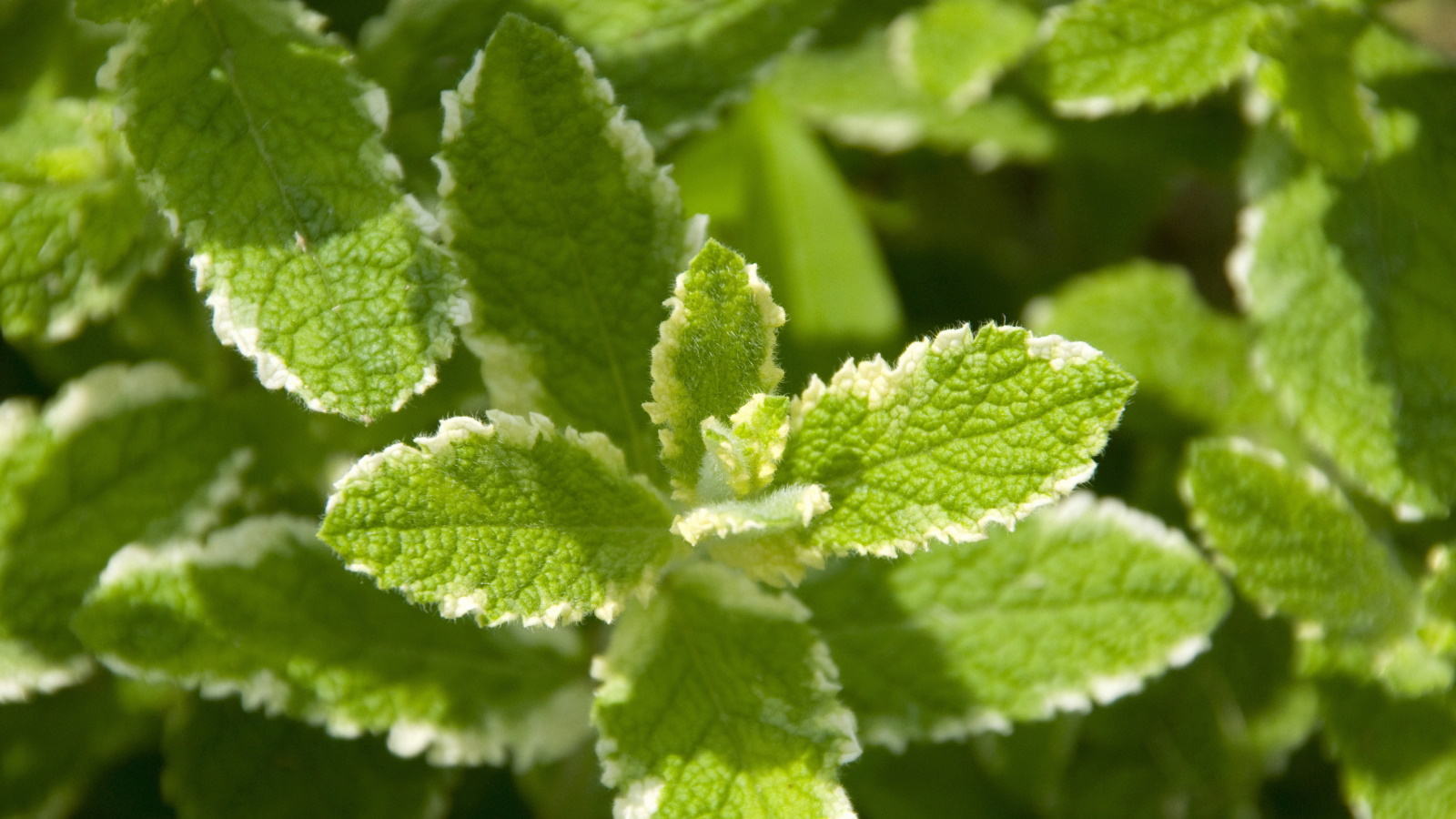
Design expertise in your inbox – from inspiring decorating ideas and beautiful celebrity homes to practical gardening advice and shopping round-ups.
You are now subscribed
Your newsletter sign-up was successful
Want to add more newsletters?

Twice a week
Homes&Gardens
The ultimate interior design resource from the world's leading experts - discover inspiring decorating ideas, color scheming know-how, garden inspiration and shopping expertise.

Once a week
In The Loop from Next In Design
Members of the Next in Design Circle will receive In the Loop, our weekly email filled with trade news, names to know and spotlight moments. Together we’re building a brighter design future.

Twice a week
Cucina
Whether you’re passionate about hosting exquisite dinners, experimenting with culinary trends, or perfecting your kitchen's design with timeless elegance and innovative functionality, this newsletter is here to inspire
Mint has long been the go-to herb for both beginners and expert gardeners. One of the easiest plants to grow, this vigorous and versatile herb is popular for its taste and scent and makes an ideal plant for containers placed on the patio, by the kitchen door, or perhaps on a balcony.
Mint is best planted and grown in pots and planters, where you can control its spread. While it would thrive in the garden borders, it can become invasive, so it is best to restrict its growth to your pot displays. Learning how to grow mint is relatively simple, and most mints prefer a part-sun-part-shade position and require moist and fertile soil.
There are hundreds of mint varieties to choose from, and once you start delving into the world of herbs, it won't be long until you are mint-obsessed. Here, plant experts share a selection of delicious, refreshing and unusual herbs that should be at the top of your wish list this year.
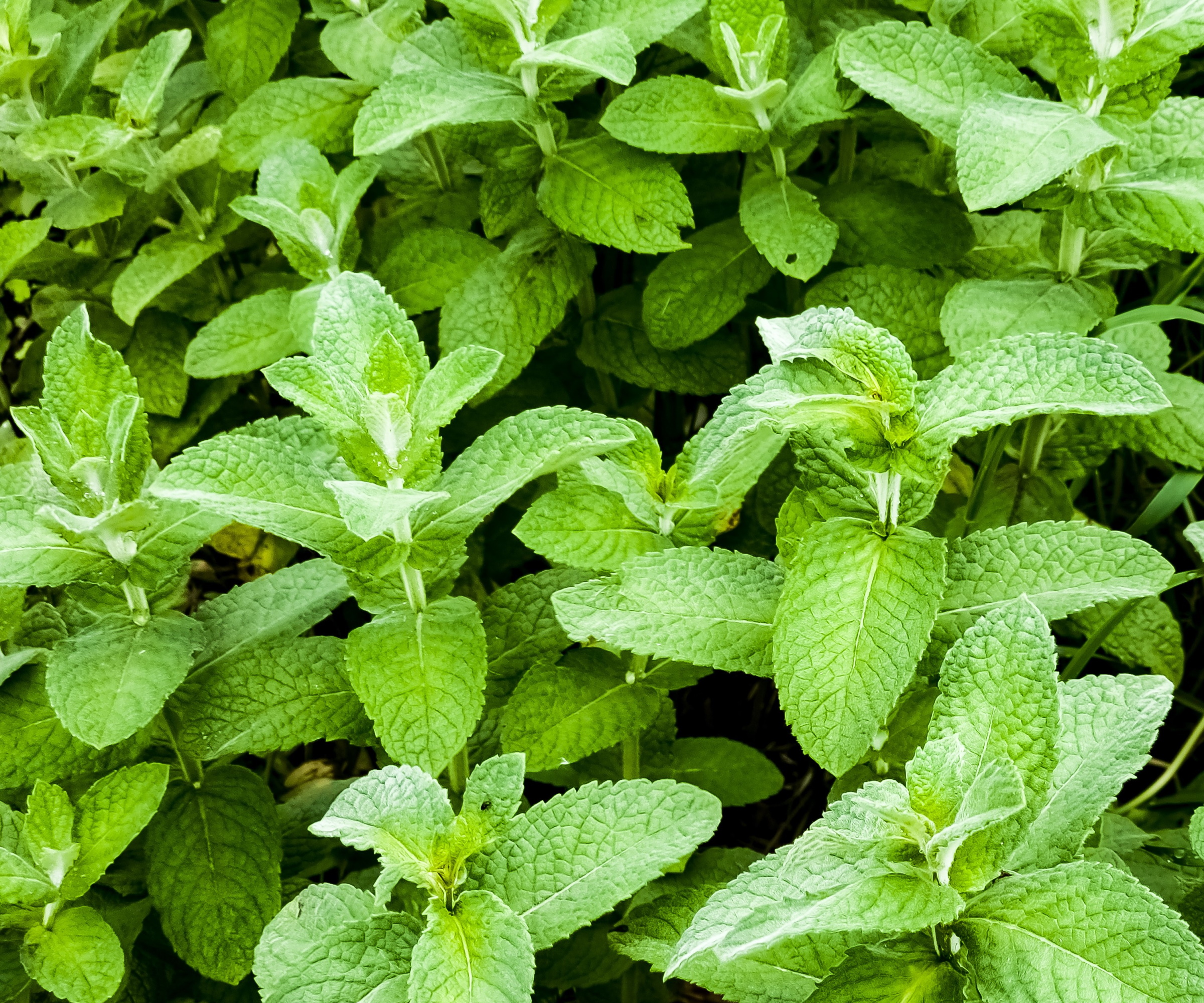
Apple mint, Mentha suaveolens, is one of many vigorous mint varieties with a strong scent
Best mint varieties to grow
There are hundreds of mint varieties to choose from, and each has a unique flavor and scent. It is best to select a mint variety that suits your purposes, whether you want aromatic herbs for cooking or flower spikes for aesthetic reasons. Whatever your intention, consider picking a mint variety that is unique and unusual this year, that will elevate your culinary - and cocktail - creations.
Pineapple mint
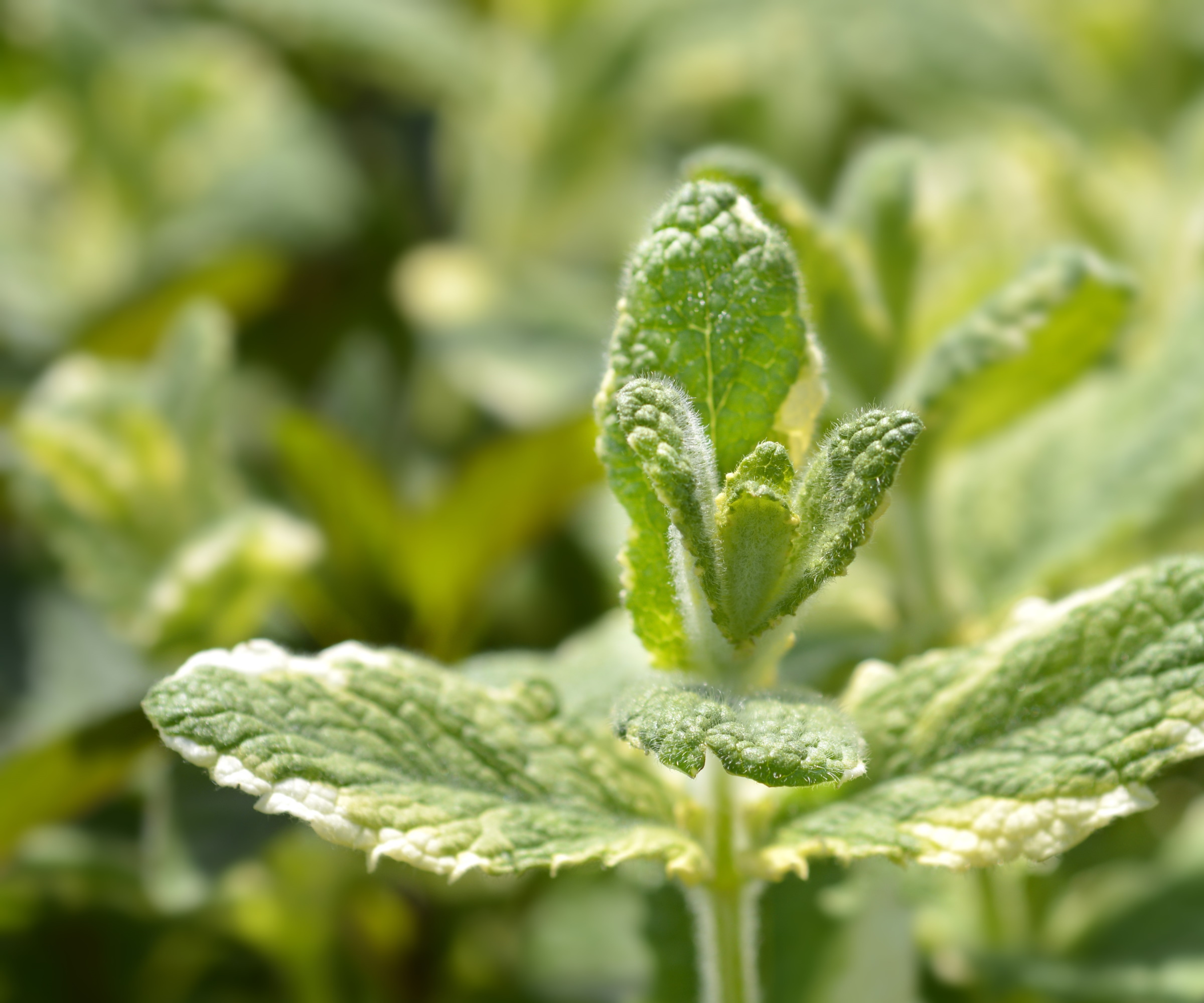
Pineapple mint, Mentha suaveolens 'Variegata' can be used in cooking and has a unique, tropical taste
Pineapple mint has a tropical taste that has to be sampled to be believed. With attractive white-green variegated foliage and its unique fragrance and taste, pineapple mint is one variety that every gardener should add to their collection this year.
As with most mint varieties, pineapple mint is versatile and able to grow in full sun or part-shade, but it does prefer moist soil, so be sure to water your pots frequently during the warm summer months.
When considering how to harvest mint, simply remove leaves as and when you need them, combing in drinks, jellies, or ice cream for your summer parties.
Design expertise in your inbox – from inspiring decorating ideas and beautiful celebrity homes to practical gardening advice and shopping round-ups.
Older mint plants can tend to become woody and unattractive, so after a few years it is worth learning to propagate mint, growing on mint cuttings to replace your older plants.
Pineapple mint plants are available to buy from Burpee.
Orange mint
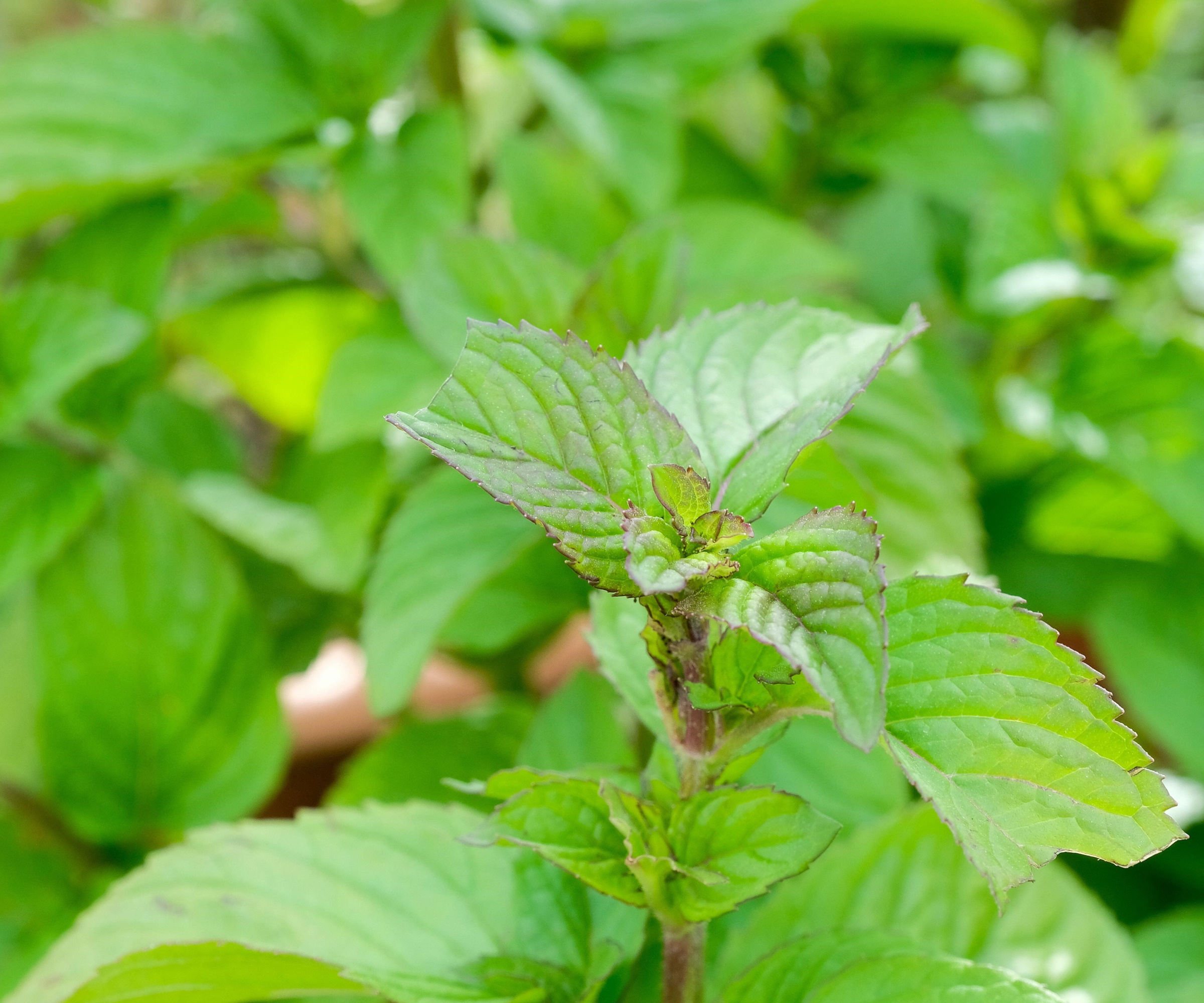
Orange Mint, Mentha x piperita f. citrata 'Orange', is a bushy, compact mint with a strong citrus aroma
Orange mint, Mentha x piperita f. citrata 'Orange', also known as eau de cologne or bergamot mint, has a pleasing citrus fragrance that is sure to add a sensory element to your backyard.
'As the common name indicates, the large glossy leaves of this mint are strongly flavored with citrus,' says Susan Betz, herb expert and Honorary Master Gardener. What's more, orange mint has small purple flower spikes that bloom for most of the summer.
Noted as a hardy perennial, orange mint can be grown in most regions, so regardless of US hardiness zones, you should be able to add orange mint to your herb collection. This mint prefers a part-shade position, thriving with regular watering in well-draining soil.
'Orange mint has a hint of citrus that is delightful in teas, fruit punches, and salads,' Susan adds. 'I also like to collect and dry some leaves as they make an interesting addition to potpourri.'
Orange mint plants are available to order online from Burpee.

Susan Betz is an author, garden communicator, lecturer, and conservationist specializing in herbs and native plants. She has been actively growing and using herbs to educate the public about gardening and the natural world for over 35 years. She is an Honorary Master Gardener and a member of the International Herb Association, Garden Communicators, the Ecological Landscape Alliance, and the National Garden Bureau. Susan is a life member of the Herb Society of America.
Chocolate peppermint
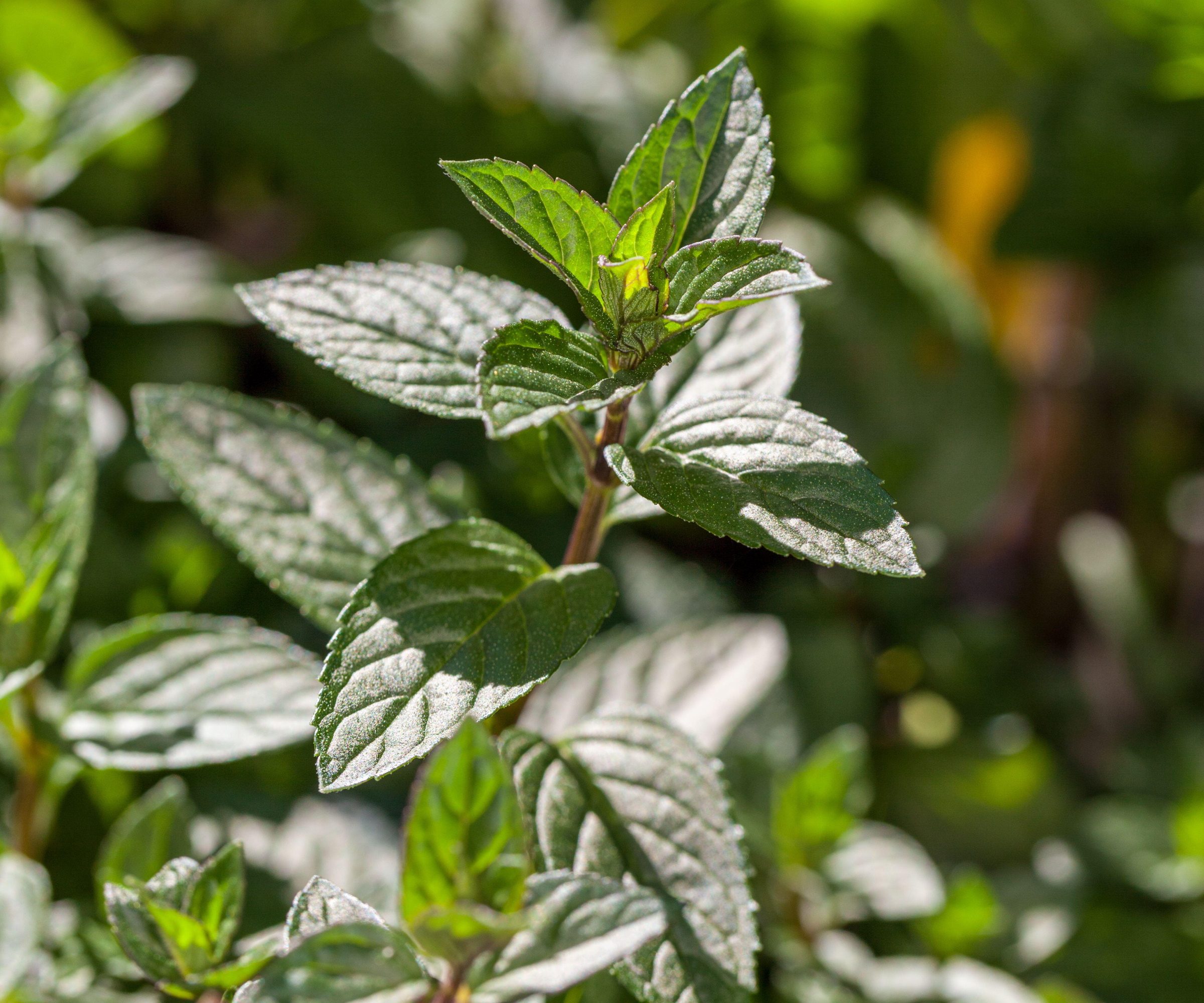
Chocolate peppermint, Mentha × piperita, has attractive dark green foliage
Chocolate peppermint, Mentha × piperita, 'is a standout among peppermint varieties,' Susan says. 'This mint variety offers a slightly sweeter and more robust flavor than its counterparts, making it a favorite among culinary enthusiasts.'
'It has striking green leaves with purplish undersides,' Susan continues, 'which will add visual appeal to any dish.' Fortunately for gardeners, as with other mint varieties, chocolate peppermint is considered one of the best wasp-repellent plants, which is useful for those spending lots of time eating and entertaining outside this summer.
Keep chocolate peppermint plants well-watered during spring and summer, keeping the soil moist but not saturated, and planting them in a part-shade position will have the best results. To encourage new growth later in the season, snip stems back to a few inches after the flower spikes begin to fade.
'Whether you're brewing a refreshing tea or adding a unique twist to your desserts, this peppermint variety is sure to boost your culinary creations,' Susan adds.
Chocolate peppermint plants are available to buy online at Burpee.
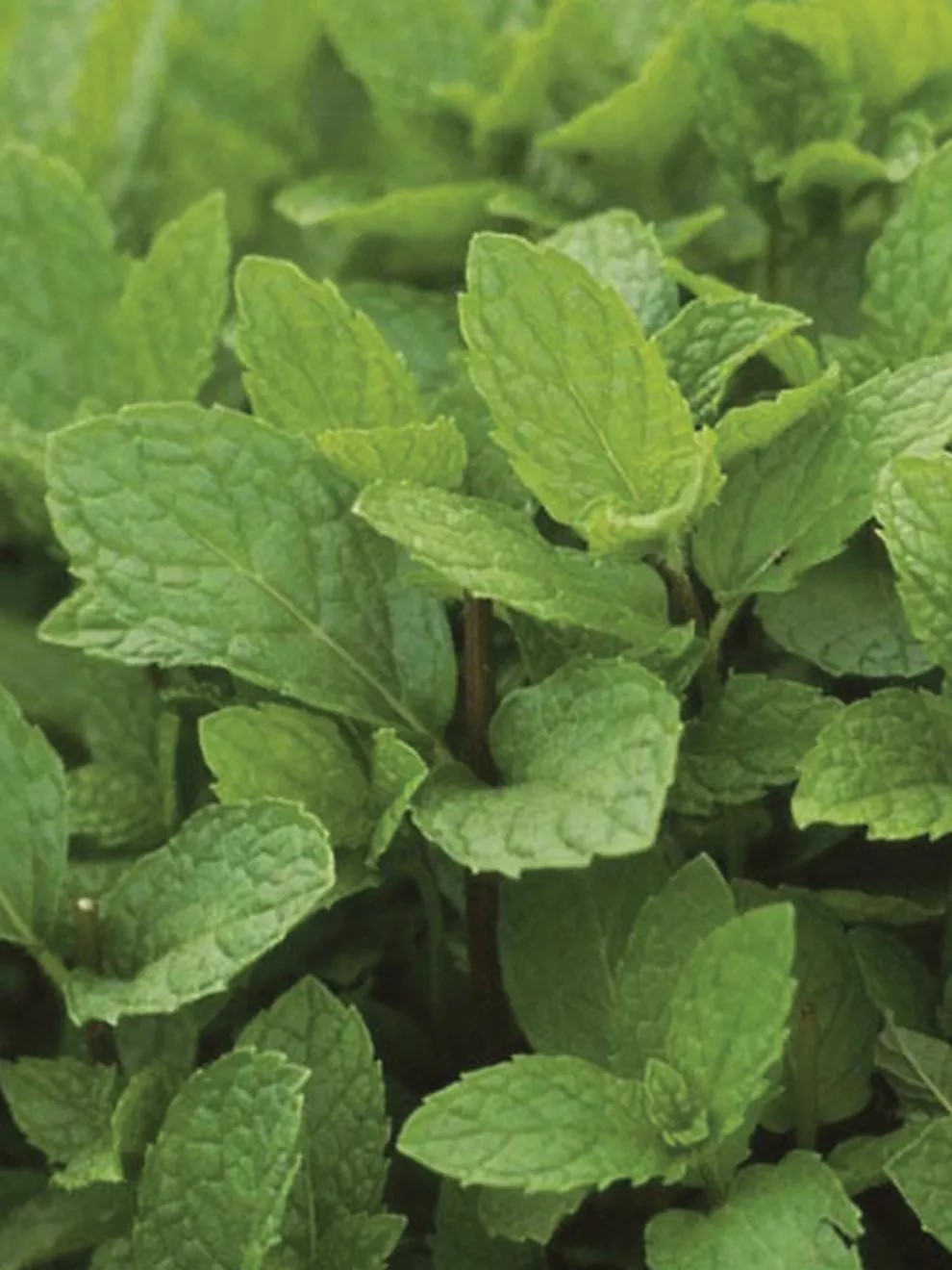
An aromatic and delicious mint variety, and importantly, the basis for the famous little ole southern drink. Menta spicata, prefers a full sun position, and is hardy when grown in US hardiness zones 5 to 9. The scented leaves can be used to make jelly, herbal teas and iced drinks.
FAQs
What mint can grow in shade?
Most varieties of mint are versatile herbs, growing well in full sun to full shade. Many mint varieties do best when grown in full sun or part shade, benefitting from some sunshine each day. However, there are varieties that can grow in full shade. I have grown peppermint varieties in a shady corner before and they did just fine. However, it is important to note that without any sunshine, mint plants will not flower.
Mint plants are a necessity in any herb garden or aromatic pot display. Easy to grow, mint plants will reward you with delicious, scented foliage, and with so many varieties to choose from, why not try growing one of our unusual options listed above? For more herb ideas, consider our guide on how to grow herbs indoors.

Thomas is a Content Editor within the Gardens Team at Homes and Gardens. He has worked as a professional gardener for both public spaces and private estates, specializing in productive gardening, growing food and flowers. Trained in Horticulture at the Garden Museum, he has written on gardening and garden history for various publications, including The English Garden, Gardens Illustrated, Hortus, The London Gardener and Bloom. He has co-authored a Lonely Planet travel book, The Tree Atlas, due out in 2024.